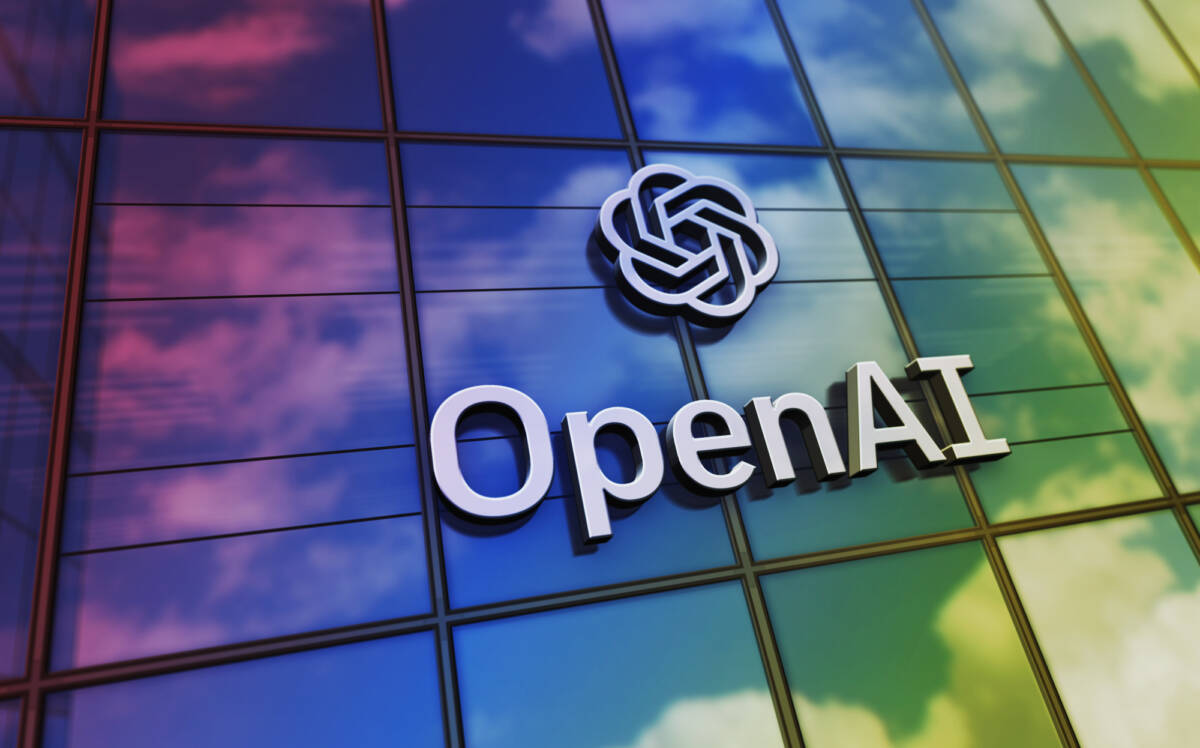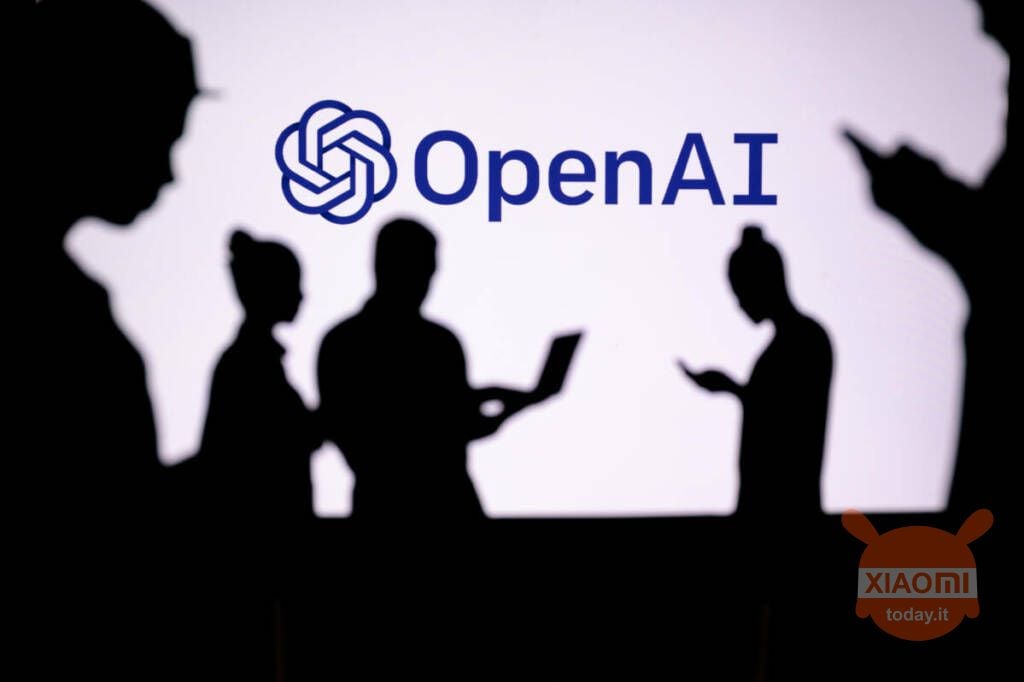
OpenAI, the AI giant, recently made headlines for its role in shaping AI legislation in the European Union. Today we see, thanks to the Time, as the company has lobbied the EU to influence AI laws, a topic that is becoming more and more relevant as artificial intelligence gains traction in various industries.
OpenAI's lobbying leads to significant changes in EU artificial intelligence legislation
OpenAI has taken an active role in lobbying the European Union to mitigate incoming legislation on artificial intelligence. Second documents obtained from Time, OpenAI requested that lawmakers make several changes to a draft EU AI law, known as “EU AI Act“, before it was approved by the European Parliament on 14 June.
The EU AI law was designed to better regulate the use of artificial intelligence. Prior to its passage, lawmakers debated expanding terms within the AI Act to designate all general purpose artificial intelligence (GPAI) systems as "high risk." This would have entailed the fulfillment of the strictest security and transparency obligations. OpenAI, along with Google and Microsoft, fought against this designation, arguing is only companies that explicitly apply AI to high-risk use cases should be subject to such regulations.

Read also: OpenAI: Altman explains why GPT-5 is not in production
The Influence of OpenAI
OpenAI has been successful in its actions di lobbying. Some of the changes suggested by OpenAI have been incorporated into the legislation. Notably, GPAIs are not automatically classified as high risk in the final version of the EU AI Act. Instead, the law imposes greater transparency requirements on "basic models", which are powerful AI systems that can be used for different tasks. This will require companies to carry out risk assessments and disclose whether copyrighted material has been used to train their AI models.
While OpenAI claims its lobbying actions are in the best interest of the AI community, some critics argue that the company is more concerned with protecting its financial interests than promoting the public benefit. With AI becoming more and more pervasive in our society, it is It is essential that there are adequate regulations to ensure that it is used responsibly and safely. However, it is also important that these regulations do not stifle innovation.
OpenAI has shown that large technology companies can have a significant impact on the laws governing AI. This raises questions about how we can ensure that these laws are formulated in the interest of the public and not just companies.








